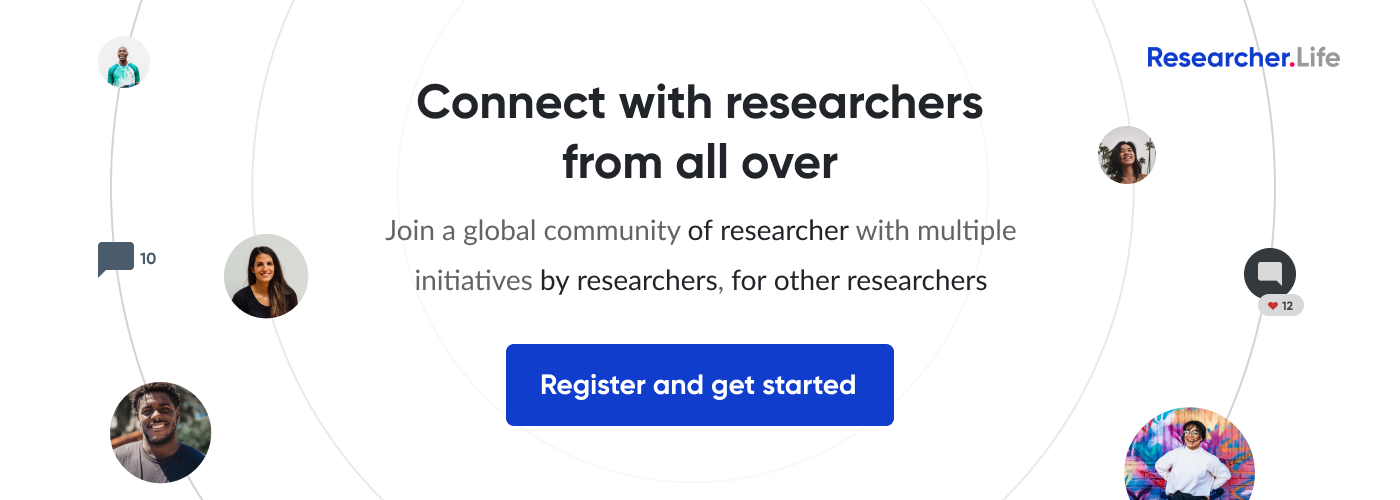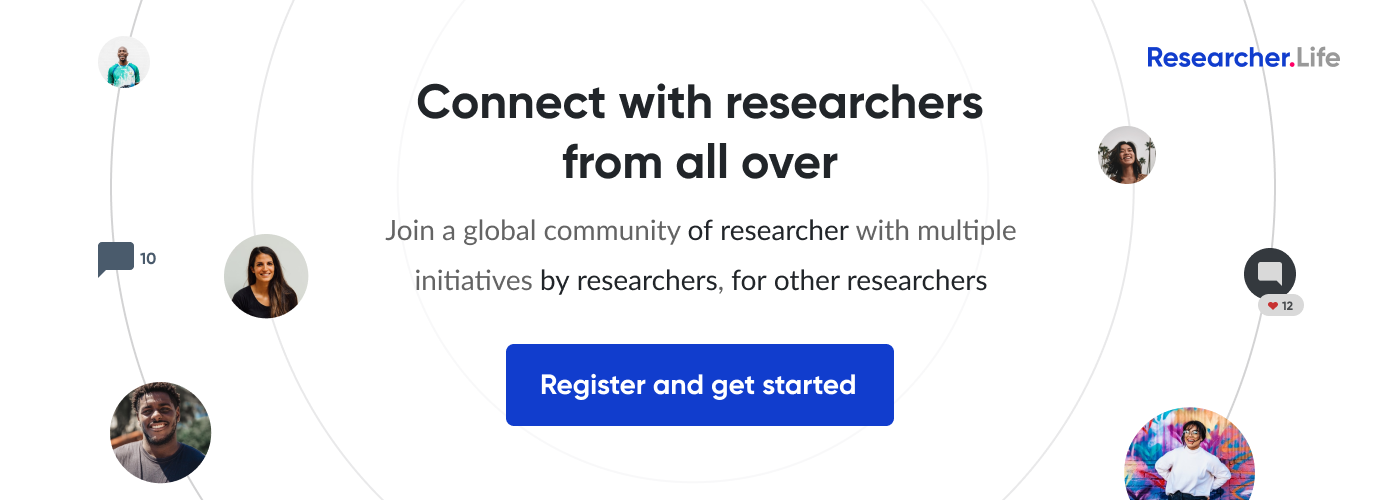Academic publishing and scholarly communications: Good reads, May 2016

It’s that time again, when we tell you more about the most interesting discussions in the scholarly publishing industry! Among the topics being talked about around the world In May, the trending debates were those related to data sharing, retractions, author recognition, and the reproducibility crisis. Let’s dive right in and start looking at some of these discussions.
Happy reading!
1. Could authors be paid to publish papers? What would happen if the current publishing model could be reversed and scholarly publishers would start paying researchers to publish their papers? On the one hand, one can argue that researchers write papers but earn nothing out of it. On the other hand, publishers make huge profits from publishing content that is not created by them. This interesting article explores the possible consequences of reversing the current publishing model.
2. Confusion about data sharing policies and press embargoes at the journal editor level: The University of Cambridge's Scholarly Communication Division spoke to editors from five journals to understand their policies around press embargoes. The discussions were triggered by researchers’ concern about their papers being pulled back by journals after acceptance only because the metadata about their publication were made freely available on a repository. Read the full story here.
3. Share your data and earn a badge: In order to promote the practice of sharing research data and materials, in January 2014 Psychological Science started an initiative of awarding digital badges accompanying published articles. A new study evaluates whether this initiative succeeded in increasing the availability of research data and materials. The study reports that whereas before the badges were assigned, less than 3% of Psychological Science articles reported open data, the number increased to 23% after authors received badges, with an accelerating trend. Additionally, available data and materials were more accessible, correct, usable, and complete when badges were earned.
4. A survey on the reproducibility crisis: Recently, Nature published the results of its survey on the reproducibility crisis that is looming large on scientific research. The survey, which reached out to over 1500 scientists, revealed interesting results: 52% of the respondents said that there was a reproducibility crisis; 24% said that they had been able to publish a successful replication; and 13% had published a failed replication. The survey results indicate that the irreproducibility of research findings is a serious issue and that researchers, funders, and journals need to work in sync to make research more credible.
5. Overtime payment mandatory for postdocs: On May 18, the US Department of Labor passed a law that would make overtime payment mandatory for postdocs. While this decision has been welcomed, some industry experts have expressed concerns that as postdocs become more expensive, laboratories may begin to cut back on the hiring. Moreover, many postdocs are of the opinion that their base salaries need to be increased too in addition to the overtime payment. Interestingly, postdocs in humanities have been excluded from this rule.
6. Are academic publishers really greedy? Stephen Lotinga, Chief Executive of The Publishers' Association, remarks that most people label academic publishers as "greedy" because they confuse them with printers. Lotinga argues that publishers do much more than passively proofing, typesetting, and publishing research articles. Publishers serve the community in a variety of ways. They invest heavily in scholarly communication, including the technology that enables smooth publishing workflows. They also provide data-driven metrics and analytics that are useful to research institutions, thus helping to set up technology that makes published research more discoverable. Often, large publishers partner with smaller ones, thereby reducing costs for and increasing the outreach of the latter. Thus, Publishers "ensure the research community receives the support it needs", and so the accusation that publishers charge exorbitant fees is unfair and any debate on this topic should include a fair account from both sides.
7. The black hole of retractions: Retractions constitute a tiny fraction of the number of unreliable or flawed studies that have littered scientific literature over the years. Some thousands of erroneous papers are published each year: papers that are flawed statistically or otherwise to such an extent that they present no good empirical evidence for their claims. Due to their sheer number, these studies remain uncorrected and unretracted for years. Will the scientific community be able to find a solution to this new problem? Read this post to know more.
And that’s it for May 2016. Follow our monthly reading lists for more such interesting updates. And if you would like to stay tuned to important happenings in the journal publishing industry, visit our Industry News section.
Published on: May 31, 2016
Comments
You're looking to give wings to your academic career and publication journey. We like that!
Why don't we give you complete access! Create a free account and get unlimited access to all resources & a vibrant researcher community.














